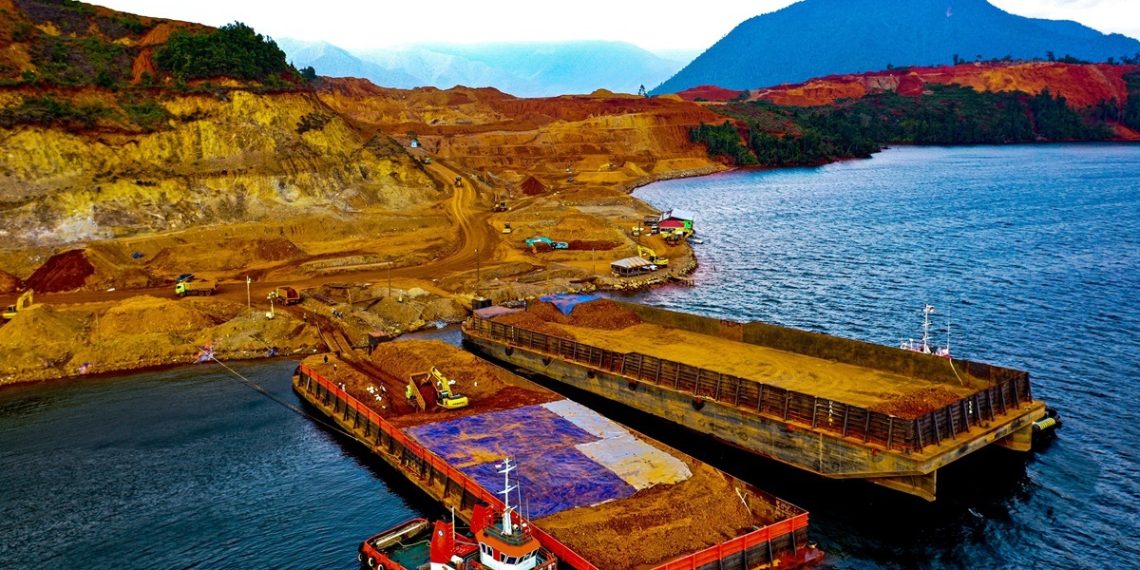Nickel producers are becoming increasingly concerned that the US will grant Indonesian competitors access to subsidies under the Inflation Reduction Act (IRA). The decision could make investment in Western countries less attractive due to higher production costs.
“If the world wants batteries and electric vehicles (EVs) to be both affordable and environmentally sustainable, investment in Australian and Canadian production must be encouraged,” said Wyloo Metals CEO Luca Giacovazzi.
“A free-trade agreement on nickel with Indonesia would significantly reduce the attractiveness of investing in countries with higher ESG standards and leave consumers with no choice but to use dirty nickel.”
Wyloo is a nickel producer in Australia, and Luca warned that any agreement that made Indonesian nickel companies eligible for US funding would make it hard to justify investment into environmentally friendly countries with higher costs of production.
The Biden administration’s IRA is an initiative to accelerate the energy transition in the US by securing the necessary resources for lower-emission technologies. However, they must use materials produced in the US, or in countries that have special agreements with the US. This puts Indonesian nickel in a strong position, as the country has the largest reserves, amounting to 21M metric tonnes.
Companies in the West typically focus on nickel sulphide mining, which requires less energy-intensive refining. This focus aligns with global efforts towards more sustainable and environmentally friendly practices in the mining industry.
Some mining companies have found allies in several US senators, voicing their fear and warning that Chinese interests control much of Indonesia’s nickel production. They also highlighted Indonesia’s weak labour laws and lax environmental controls, arguing that these factors should be considered when deciding on the distribution of subsidies under the IRA.
They argue that the priority should be domestic producers and existing free trade agreement partners and if expansion is deemed necessary, it should be directed toward countries with strong labour, human rights, and environmental standards.












